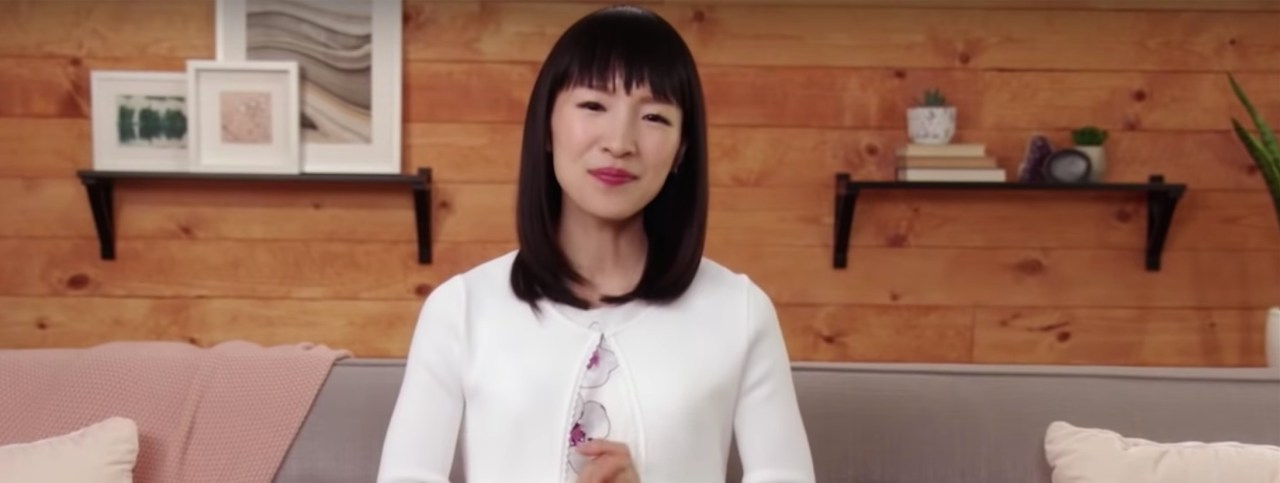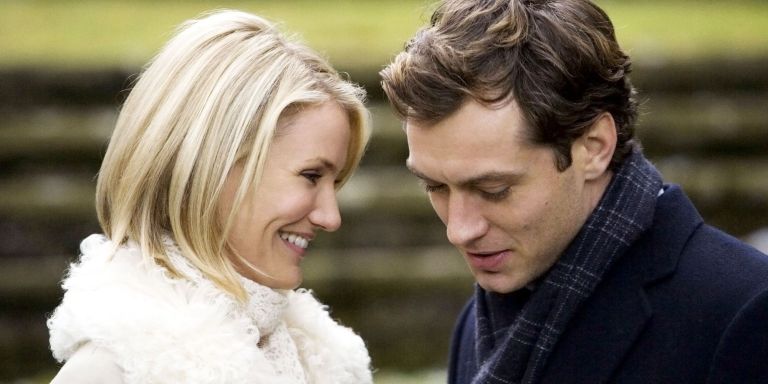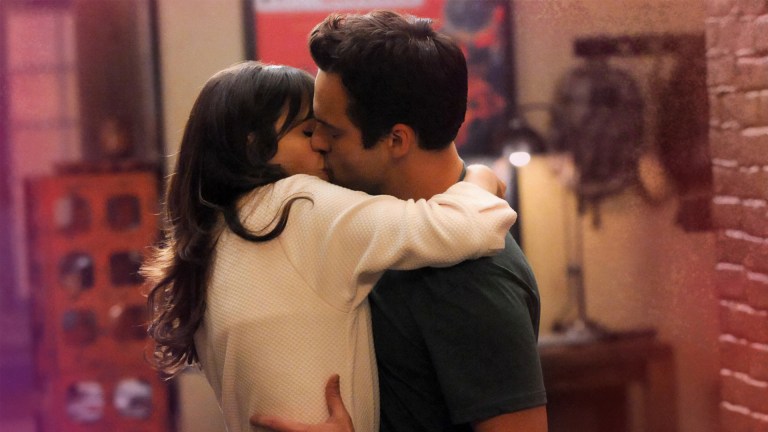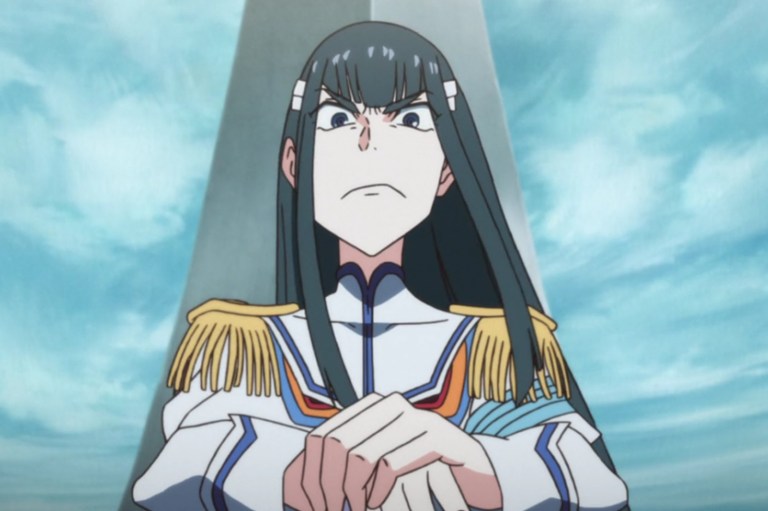
What If The People In My Life Don’t Spark Joy?
Unfortunately, dealing with burdensome relationships aren't as easy as dealing with burdensome belongings.
“Does this spark joy?”
That’s what tidying expert Marie Kondo wants you to ask yourself when looking at your belongings. And if the answer is no, the solution is simple: get rid of it. “Discarding is not the point,” she writes in her book Spark Joy: An Illustrated Master Class on the Art of Organizing and Tidying Up. “What matters is keeping those things that bring you joy.”
It’s a pretty effective rule, if you ask me. After watching Kondo’s Netflix show, “Tidying Up With Marie Kondo,” I find myself asking the question about nearly everything in my life. Do those old concert tickets spark joy? What about the dress I haven’t worn in two years? This book I read in middle school and haven’t picked up since? It even expanded beyond objects: Why am I wasting time on certain routines I don’t love (and that aren’t necessary for my well-being)? Why am I spending money at restaurants I don’t love? And then, perhaps the most striking question of all: What if the people in my life don’t spark joy?
Discussing the functionality of the people in your life can seem callous or even problematic. After all, people don’t exist to serve you or to guarantee your happiness. They’re not objects sitting in your home, waiting to be used whenever you feel like using them. And yet I firmly believe it’s important to routinely assess your relationships to ensure they’re still healthy, functional, and harmonious. At the end of the day, do the people in your life make you happy? And if they don’t, where do you go from here?
The first step is to identify why certain people in your life don’t spark joy. Is there a friend whose drama brings more stress than enjoyment into your life? A family member who criticizes you the moment you walk through the door? A peer who consistently goes out of their way to make you feel less than? Figure out what is it that leaves you feeling weary by the end of each social interaction. Make lists if you have to. It’s only when you begin identifying the problems that you can start taking steps toward a solution.
Unfortunately, dealing with burdensome relationships aren’t as easy as dealing with burdensome belongings. After all, you can’t just dump an emotionally draining friend in the trash (nor, I should hope, would you want to). But that doesn’t mean you can’t do anything. Once you know exactly what’s bothering you, it’s easier to cross that bridge. If the friend is someone you feel comfortable confiding in, sit them down and discuss the problem. It’s okay to say, “This aspect of our relationship is making me a little uncomfortable.” It’s okay to say, “I love being there for you, but sometimes I feel like you only want to hang out when you have a problem.” It’s okay to be clear about your emotions and set boundaries with your loved ones. In fact, sometimes it’s absolutely necessary.
And if it’s someone you don’t feel comfortable discussing the problem with? Find alternative ways to handle the situation. Try to avoid spending time with them in certain settings that tend to exacerbate problems or budget your time with them. Don’t make plans with them if you’re having a particularly stressful week, and if you know they’re going to make a bad day worse, let them know in advance that you may have to cancel your plans. And if it’s someone who’s consistently making you feel terrible about yourself and your lifestyle, maybe it’s worth asking yourself why you’re friends in the first place.
Dealing with precarious relationships doesn’t have to mean burning bridges if you don’t want it to. After all, as Marie Kondo said, “Discarding is not the point.” You don’t have to throw out every friendship that doesn’t make you happy all the time. But it’s important to be cognizant of what sparks joy in your life and what does not, and to recognize your boundaries within that. You owe that to yourself. After all, just as an uncluttered living space is important, so is an uncluttered heart and mind. ![]()











